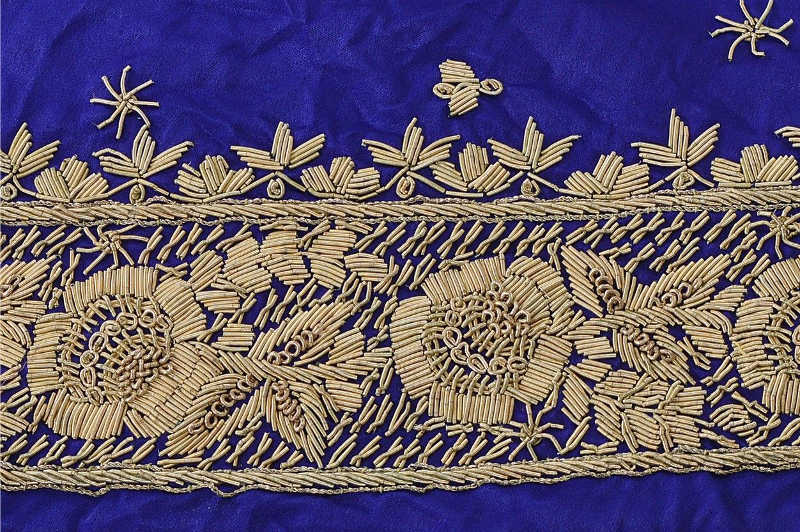===
{689},
trans.
===

|
=== | 
|
SRF's translation comes, with his permission, from Mir Taqi Mir: Selected Ghazals and Other Poems, translated by Shamsur Rahman Faruqi. Cambridge: Harvard University Press, 2019. Murty Classical Library of India; Sheldon Pollock, General Editor. Ghazal 61, pp. 175-177.
FWP:
(inspired by SRF's translation)
(1) Was there ever any pleasure of words from her bud-like mouth?
For years we met, but she was always miserly in speech.(2) There were plenty of reasons for me to die-- but as yet
I still have anxieties about a shroud.(3) Yesterday I found the Nightingale dead, in the flower-shop.
What ardor did that bird feel for the garden!(4) Even as a child, you used to go tumbling around.
Right from the start, I suffered from your style.(5) All the caged birds were busy praising the rose,
although all their heads were drooping down to death.(6) The whole water-surface is board-flat, like a mirror.
Perhaps her body somehow was reflected in the river.(7) It's not for nothing that I compose in Rekhtah--
my beloved was a dweller in the Dakan.(8) The day you came out with a rakish turban down to your eyebrows--
That day, seeing you, my forehead throbbed with foreboding.(9) Like a hapless foreigner, Mir went on his way lamenting.
At every step he complained of his countrymen.
Zahra Sabri:
Zahra Sabri is a special guest translator for this site.
(1) When did I ever gain the pleasure of words from that bud-mouthed one?
Even after meeting for years, she remained stinting in her speech(2) All the reasons available were for dying, but
The fact I haven’t died yet is because I was thinking of the shroud(3) I found the nightingale lying dead at the flower-shop yesterday
What a yearning for the garden that bird had in its heart!(4) Your gait displayed an impudence even in boyhood
This deportment of yours was what troubled me, from the very start(5) All the birds in the cage were singing praises of the rose
Even though each one’s neck was drooping near the point of death(6) The entire surface of the water is flat as a board, like a mirror
Perhaps somewhere in the river was a reflection of her body(7) It’s not for nothing that I am accustomed to composing Rekhtah verse
The person who was my beloved, was a denizen of the Deccan(8) The day you emerged resplendent in a turban twisted down over your forehead
That very day, when I saw you, my forehead tingled with foreboding(9) Weeping, “Mir” went on his way like a destitute exile
At every step, he bemoaned the treatment he got from his own countrymen